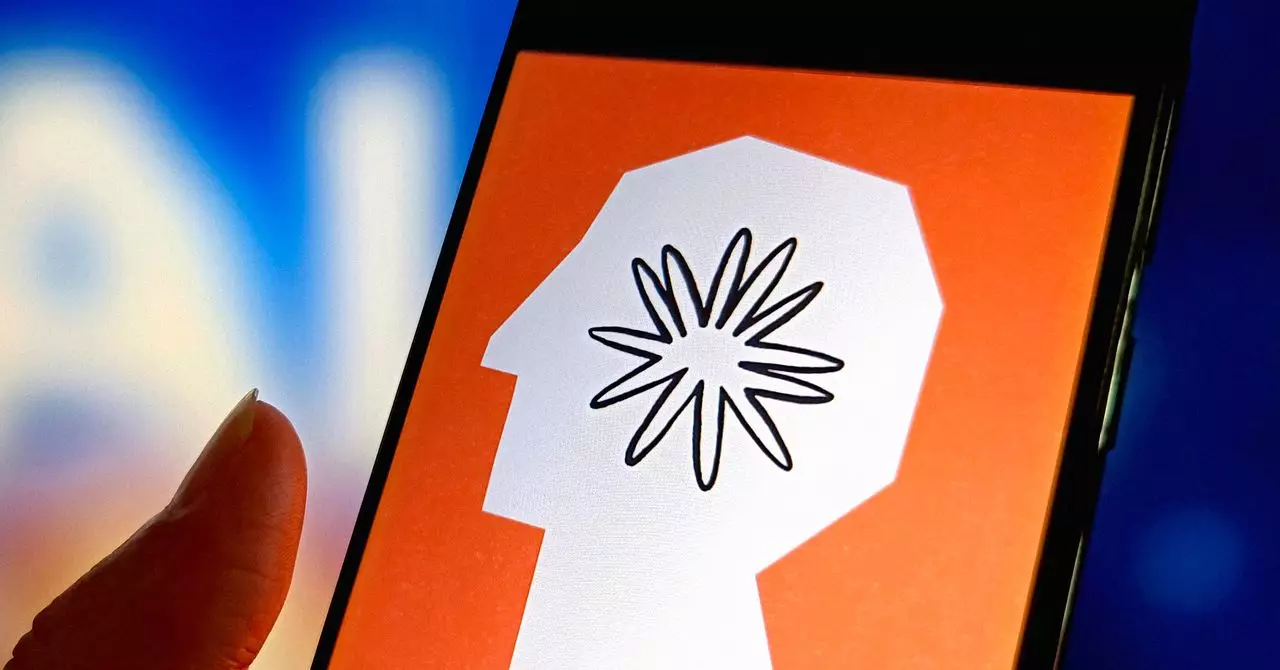The recent agreement between Anthropic and a large group of authors marks a significant turning point in the ongoing debate about the intersection of artificial intelligence and intellectual property rights. This settlement, totaling a minimum of $1.5 billion, not only underscores the financial weight AI companies must bear for copyright infringements but also signals a shift in the legal landscape that could redefine industry standards. Historically, technology giants have dodged substantial liabilities for data used in training AI models, often exploiting the ambiguity surrounding “fair use” and intellectual property laws. This case challenges that narrative and emphasizes holding corporations accountable for ethically sourcing and compensating creators.
This settlement is more than a monetary resolution; it’s a critical statement about the value of creative works in the age of AI. With approximately 500,000 works implicated—potentially rising—as part of the class, the penalties allow for roughly $3,000 per work, setting a precedent that copyright infringement in AI training cannot be overlooked or dismissed as innocent. Many will interpret this as the beginning of a necessary shift toward equitable treatment of content creators who contribute to the digital economy’s backbone. The fact that these creators will receive tangible compensation will likely influence future negotiations and policies, demanding transparency and fairness from AI firms in the utilization of creative material.
Furthermore, this case highlights the importance of recognizing the risks AI companies take when they ignore clear legal boundaries. Anthropic’s attempt to circumvent liability—initially claiming fair use or denying the use of pirated materials—was ultimately unsuccessful. The court’s decision to allow authors to pursue claims related to pirated content underscores that, regardless of how a company frames its data collection, using illegally sourced works can have serious consequences. Such rulings challenge the narrative that AI training inevitably falls under fair use, especially when large quantities of copyrighted materials are involved, much of which may be pirated.
The legal momentum gained from this settlement signals a surge in the accountability of AI developers, particularly those that rely heavily on vast datasets, including unlicensed or pirated content. It forces industry players to rethink their data acquisition strategies, investing more into ethical sourcing or licensing agreements. As AI increasingly becomes woven into daily life—from creative industries to scientific research—this case emphasizes a societal need to protect intellectual property rights without stifling technological advancement. The message is clear: innovation should go hand-in-hand with respect for creators’ rights, not at their expense.
However, the settlement also raises questions about enforcement and future regulations. Will this agreement serve as an example that deters future infringements? Or will loopholes remain that allow companies to skirt legal responsibilities? Since Anthropic is not admitting liability, the case acts more as a warning shot than a definitive precedent, although the financial repercussions are real and tangible. The broader industry needs to grapple with these issues, for the sake of fairness and the long-term integrity of AI development.
From a moral standpoint, this case underscores a fundamental truth often overlooked in the relentless pursuit of technological progress: creators deserve recognition and compensation for their original work. Ignoring this can lead to a dystopian AI landscape where innovation is driven by stolen content, eroding the very foundation of intellectual property rights. While AI has enormous potential to augment human capability and accelerate discovery, it cannot succeed ethically or legally if it undermines the rights of those who create the raw materials—literature, art, and knowledge—upon which this technology is built.
This settlement, while initially focusing on a specific legal battle, could inspire a paradigm shift. It champions the idea that technological progress must be balanced with respect for legal and moral boundaries. As more cases surface globally, the industry will be forced to develop clearer standards and practices for responsible AI training—standards that honor original authors and avoid the pitfalls of piracy that have marred the sector so far.
Powerful and provocative, this legal outcome pushes the AI community to embrace a more ethical framework—one that recognizes the creators behind the data and insists on fair compensation. If anything, it might just mark the beginning of a more conscientious era of AI development, where innovation and integrity go hand in hand.


Leave a Reply